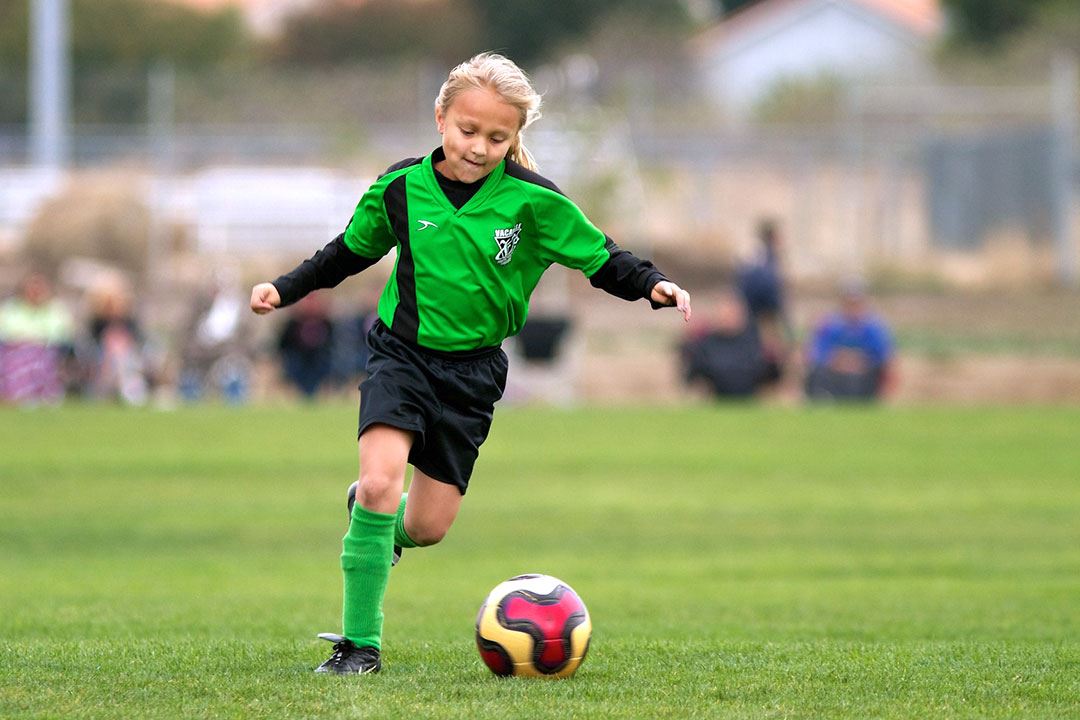Celebrating Youth Sports
Did you know more than 46.5 million children participate in youth sports each year in the United States? In 2017, Congress officially passed a resolution to recognize the efforts of parents, volunteers, and national organizations in promoting healthy lifestyles for kids through participation in sports. The result is an annual celebration of youth sports held each year in July.
Teach your child to be a good sport
There’s no room for bad behavior in youth sports. Be a good role model. Teach your children to respect the rules of their sport and to always exhibit good behavior in games and practice. No one likes to lose or play badly, but there are good life lessons to be learned from these experiences. Talk to your child before and after the game, and help them understand their feelings. Teach them empathy and the importance of being a gracious winner. “Losers say little, winners say less.”
Stay hydrated
As the summer heat builds during July and August, make sure your child drinks plenty of water throughout the day, not just at practices and games. Even if your child says they’re not thirsty, it’s important to keep them hydrated with plenty of water throughout the day. Teach your child the signs of dehydration, including a dry or sticky mouth, thirst, headache, dizziness, cramps, excessive fatigue, an unusual lack of interest in the game, or the inability to run as fast or play as well as usual. If your child is exhibiting any of these symptoms, they need to let their coach know right away.
Practice, practice practice!
The best way to avoid sports-related injuries is to help your child improve their skills and keep their body fit and healthy. The most frequent types of sports injuries are sprains, muscle strains, and stress fractures. While serious injuries like broken bones do occur, the most common forms of injury in young athletes are due to overuse. Again, be a good role model. Exercise and practice together with your child to help them build endurance, strengthen muscles, increase flexibility, and learn proper technique.
Don’t take chances with head injuries
Head injuries are not to be taken lightly, and it’s important that coaches, parents, and athletes are all aware of the signs of a possible concussion. In general, any changes in the athlete’s behavior, thinking or physical functioning needs to be treated immediately. Some examples often observed by parents and coaches include a dazed or stunned expression, confusion about their position, trouble remembering plays, or mood and behavior changes. If a concussion is suspected, it’s important to remove the child from play and have them evaluated by an experienced health care professional. Responding to concussions when they first occur is the best way to aid recovery and prevent further injury.
